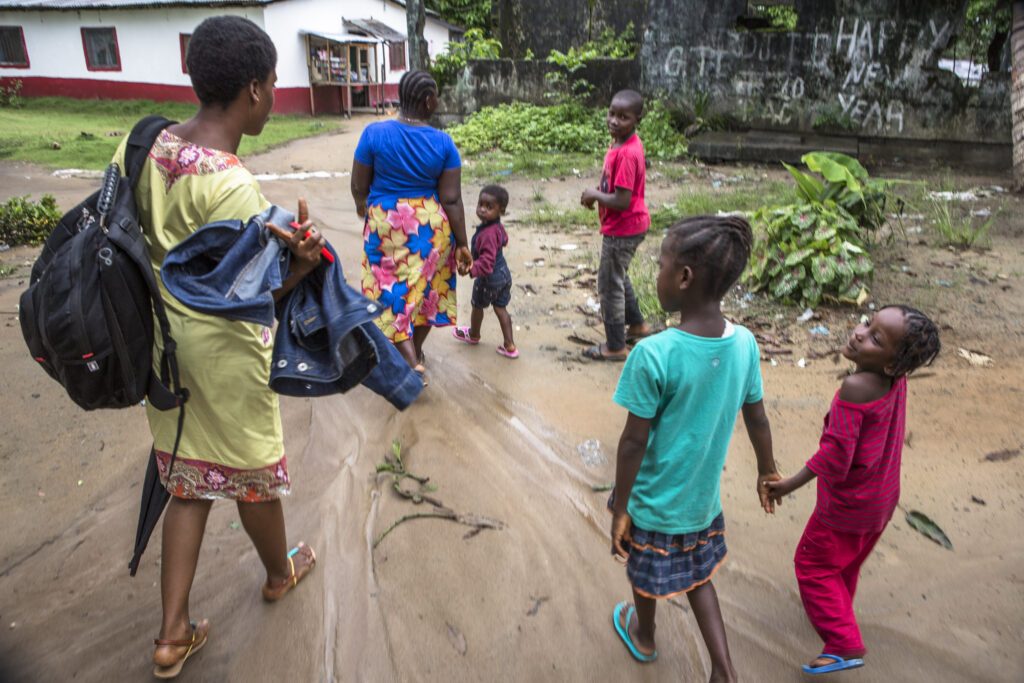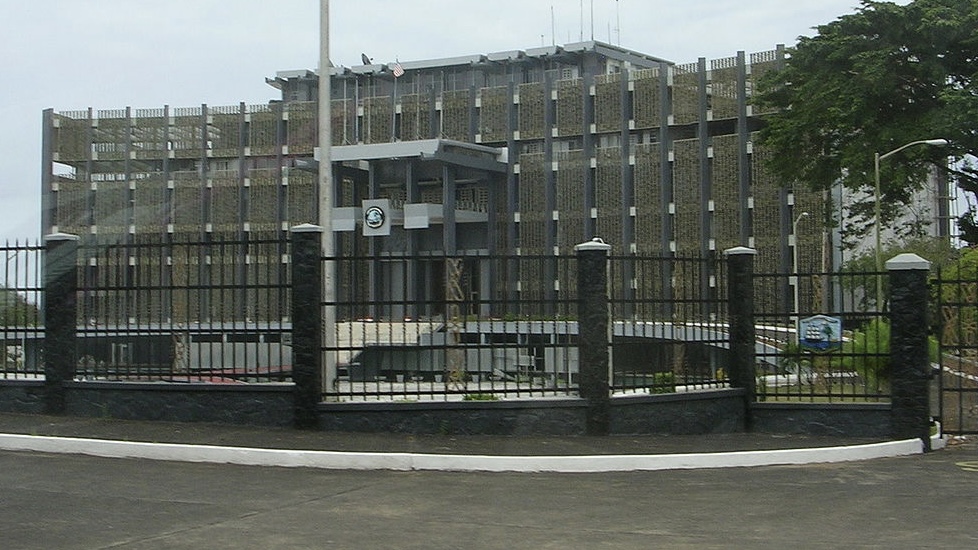MONROVIA, Liberia — Jones Roberts’ teen years were spent in trauma and survival mode.
The resident of Clara Town, an impoverished area outside of Liberia’s capital of Monrovia, lost family members and witnessed atrocities during the country’s two civil wars.
“What I experienced between 1994 and 2003 was the worst any human could experience,” Roberts, now 41, told Black News & Views. “People were killed and rebels ate human flesh. I lost my aunt and her only son.”
This is why Roberts is among multitudes of Liberians who are happy and relieved at the country’s official creation of a War and Economic Crimes Court. Activists and elected officials had been pushing for the creation of such an office to hold war criminals accountable. The proposal finally made it through official channels.

On May 2, President Joseph Nyuma Boakai signed Executive Order 131 creating the long-awaited court aimed at bringing justice to the civil war victims. The court has been a long time coming. Fifteen years ago, a tribunal recommended it, and President Boakai promised to create it during his election campaign last year.
“This is the best decision the president ever made,” Roberts said. “Look, I am encouraging all Liberians, my brother and sisters, to embrace the president’s decision and provide help to make the establishment of the court successful.”
In signing the order at the executive mansion in Monrovia, Boakai said the purpose of the court is “to signify in the clearest possible terms our commitment to justice and the rule of law, as well as to amplify our affirmation that impunity will not be allowed to stand under our watch.”
The time of Liberia’s two civil wars between 1989 and 2003 was one of misery for the West African country. There were mass killings, widespread torture and rape, and the recruitment of children as soldiers. The brutal conflicts left about 250,000 people dead.
The state-level legislative resolutions that preceded the president’s signing of the executive order call for the court to answer to Liberia’s Ministry of Justice and attorney general, but operate semi-independently.

RELATED: Liberia looks to create war crimes court to help it heal from two civil wars
RELATED: Opposition challenger unseats Liberian president in runoff election
For Liberians, even those who did not personally witness the wars, the court is a welcome change because everyone’s lives have been affected by what happened.
“I am a victim of the war too,” Samuel Gbaye, a petty trader in downtown Monrovia, told Black News & Views. “The crisis robbed me of my childhood and has also denied me a lot of opportunities. We went through a lot and I can tell you the victims are still moving with the trauma.”
Gbaye called the court creation the best decision the president has ever made since his election last year.
“Look, I am encouraging all Liberians, my brother and sisters, to embrace the president’s decision and provide help to make the establishment of the court successful,” Gbaye said.
Patricia Deemah, a resident of Bong County in central Liberia, echoed Gbaye’s sentiments.
“I really did not see the war but my mother, who was alive, explained the terrible things that happened,” Deemah, 26, told BNV. We cannot live here and those who bear the greatest responsibilities of the war go free. They have to account. Thanks to the president of the Republic of Liberia. I am happy.”
The United States and the European Union applauded the court’s creation
“The United States firmly supports Liberia’s establishment of the War and Economic Crimes Court and stands ready to assist all Liberians as it moves forward,” Catherine Rodriquez, U.S. Embassy’s charge d’ affaires, said in a statement.
The European Union and its member states issued a statement praising the creation of the court and promised to follow Liberia’s next steps.







